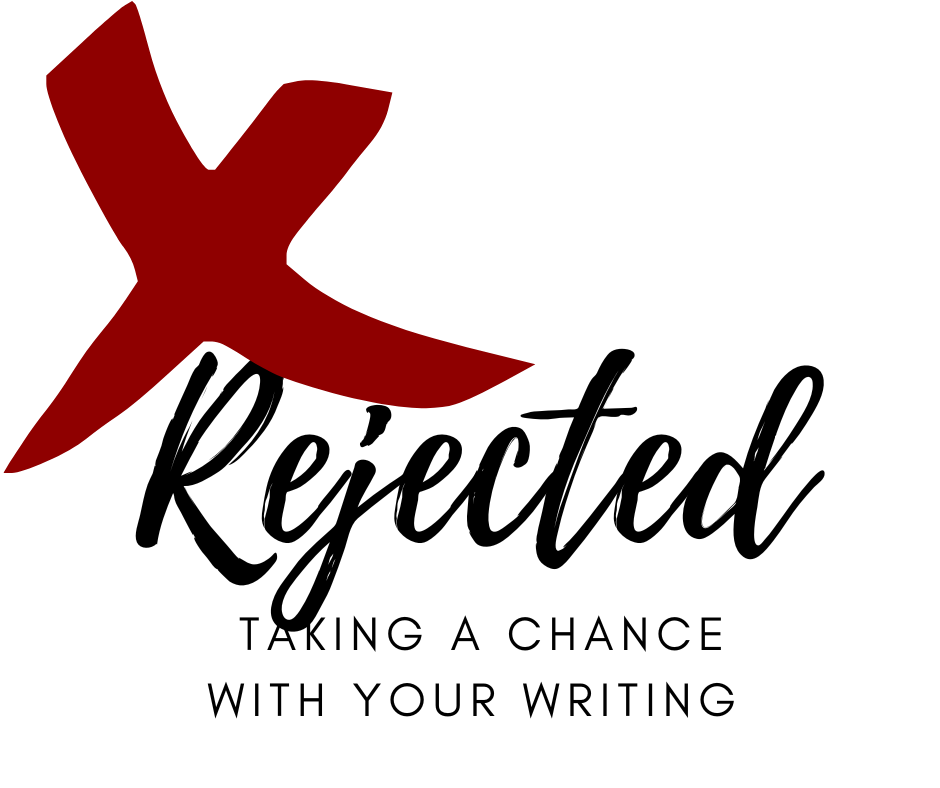I decided to do something recently I haven’t done in a while–submit my work to various publications. [Insert Scary Music Here. . .]
As I was doing so, I realized I was setting myself up for rejection. Something I used to take personally. However, the older I get, the more calloused I become about rejection. I’d like to think I no longer carry my heart on my sleeve regarding my writing.
However, as I was submitting my works, it had me sit back, pause, and consider the reasons why I (or other writers) may receive rejection letters.
For the sake of this writeup, let’s pretend our writings are 100% amazing and profound. As such, what could be some of the reasons we’d receive a rejection letter?
 1. Rules. Did we read the instructions properly? Sometimes basic instructions are lost and not followed such as including (or not including) your name and contact information on first page of submission. Maybe, it’s a collection of essays for and by women, but you don’t identify as such. Read the instructions a few times. If you don’t see any, many of the publishing teams would rather have you reach out and ask questions than send them something that doesn’t adhere to their rules.
1. Rules. Did we read the instructions properly? Sometimes basic instructions are lost and not followed such as including (or not including) your name and contact information on first page of submission. Maybe, it’s a collection of essays for and by women, but you don’t identify as such. Read the instructions a few times. If you don’t see any, many of the publishing teams would rather have you reach out and ask questions than send them something that doesn’t adhere to their rules.
2. Editing. Many of us writers are also editors. But, if you feel uncomfortable with your editing skills, feel free to reach out to a friend. Editing can help with mandated wordcounts, for starters. Inconsistencies within the story can also be found by an editor with an keen eye. Importantly, don’t be so head-strong about working with an editor, especially a good seasoned one. One personal tip is, find an editor who specializes in what you are writing.
3. Theme. Many anthologies have themes. Most often they will list the them in the instructions. If you feel the theme is vague and you need more clarity, reach out to them and ask them to clarify their intentions. Many times, publishers want the writings to be more symbolic; while others tend to want the writings straight forward. Make sure you completely understand the theme and its intentions.
4. Judges/Reading Committee. Maybe your writing is good. Damn good. But it just didn’t catch the eye of the judges or reading committee. That’s okay. We all have our personal tastes–it doesn’t mean the writing is bad. If the judges or reading committee is listed, do your due diligence. Research them. Find out what types of writing they write and enjoy. Many times this can be found with a simple google search.
5. Publishing Restrictions. Again, maybe your writing is damn good. However, due to publishing restrictions, it just didn’t make the cut this time. Restrictions could easily be the final page count of the book or magazine. Budget-wise, it would throw the production process over budget. Part of the pre-production task is to ensure the page count of the book, journal, etc is under x-amount. Or, maybe your writing was amazing, however they only permitted people in a certain area (country, state, or county). Finally, maybe it was for unpublished works and your writing appeared elsewhere.
Sometimes, committees will even send you a slight critique. Other times, we aren’t so lucky. After your unwanted rejection letter is received, if you feel the need, reach out to them and ask if they had any feed back or reasons it wasn’t published. Don’t always expect a response, but it’s worth a try anyway. Importantly, don’t take it to heart.
Remember, just like the writing process, the publishing process is like running a marathon with hurdles every few feet. However, as long as we know most of the hurdles from the start, we’ll be better prepared to conquer our goals.
[Stephen Earley Jordan II is the author of several books of poetry, fiction and creative nonfiction. He has also directed and written a few award-winning short, experimental films. Check out his latest book published January 2022, Gods Mourn Too: Essays on Writing and Questions for Thought.]